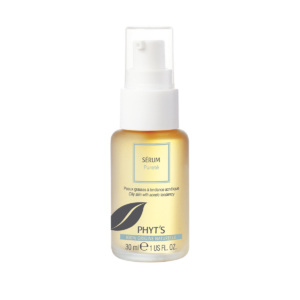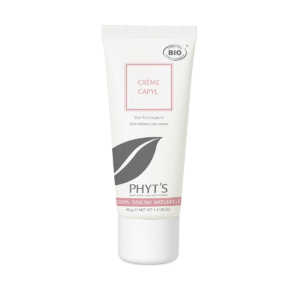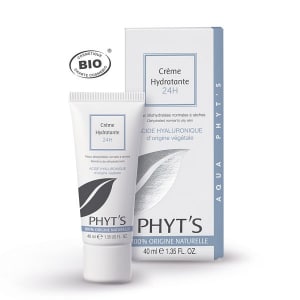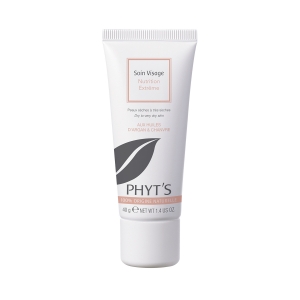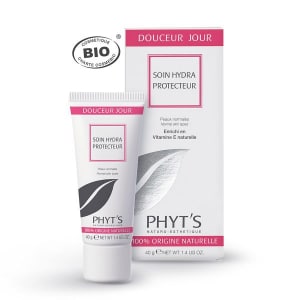Nut oils
Most of us know that nuts as food are healthy to add to our diets. In the cosmetic industry, we now see many oils extracted from nuts appearing in skin care formulas.
In recent years, products containing active ingredients extracted from nuts have become, at times, controversial due to the possibility of allergies.
Individuals who have severe nut allergies have to be particularly careful at identifying nut oils when they are listed under their INCI or botanical name.
Here are a few of the nut oils you are likely to find in skin care products, and their properties:
Sweet Almond
Prunus dulcis (sweet almond) oil is anti-inflammatory, which will help various skin types and conditions. The high amount of fatty acid content and retinoids in sweet almond oil may help dissolve excess oil on the skin and reduce acne’s appearance and help with cell turnover.
The vitamin E content in this oil can help with scarring and reducing skin damage from UV exposure. Last, but not least, studies are starting to show that sweet almond oil may help prevent and reduce stretch marks and help people with eczema psoriasis.
Horse Chestnut
Many parts of the tree that provide Aesculus hippocastanum (horse chestnut) is used, including leaves, bark and seeds. Horse chestnut extract used topically improves circulation and strengthens the connective tissue around the capillary system. This ingredient’s saponins are anti-inflammatory and help inhibit the breakdown of hyaluronic acid in the skin.
Macadamia
Macadamia integrifolia (macadamia) nut oil is sourced from the macadamia nut pulp and then pressed into a rich elixir. It is excellent for most skin types and rich in antioxidants and essential fatty acids. It is an excellent moisturizer for dry skin, a potent anti-inflammatory for sensitive skin, and it will help improve mature skin by targeting fine lines and wrinkles.
Besides oils like jojoba and squalene, macadamia nut oil is the closest to the naturally occurring sebum found in your skin. It will absorb easily in the skin, and those with acne need not worry as this oil will not clog pores.
Walnuts
Walnut infused products can provide positive benefits for the skin. Juglans regia (walnut) is known for its high levels of antimicrobial and anti-inflammatory properties. Walnut-infused products can effectively fight acne-causing bacteria and other infections that trigger eczema and rosacea type skin conditions. They also contain vitamins B5 and E, which hold excellent brightening, skin texture, and pore-tightening properties.
Shea
Butyrospermum parkii (shea butter) is fat that is extracted from the nuts of the shea tree. Shea butter is classified as a tree nut product, but it is low in the proteins that trigger allergies, unlike others. It is highly moisturising, as these benefits are tied to shea butter’s fatty acid content, which includes linoleic, oleic, stearic and palmitic acids. Shea butter also has antioxidant, anti-ageing, free-radical fighting and anti-inflammatory properties that make it a winner for many professional skin care products.
Argan
Argania Spinosa (argan) oil is nutrient-dense, but it is not a heavy oil that clogs pores. It helps soothe inflammation and may help modulate oil production in the skin. This oil is anti-inflammatory and will help calm and heal the skin while also providing a barrier to strengthening it. This nut-derived oil is full of vitamin E and fatty acids, which boost moisture levels and improve skin texture.
Hazelnut
A remarkable amount of research has been performed on the nutritional and physicochemical characteristics of Corylus Avellana (Hazelnut) Seed oil. Hazelnut oil consists of more than 90% unsaturated fatty acids, mainly oleic (80%) and linoleic (6%–12%) acids. These fatty acids work together with Vitamin E (α-tocopherol) – also found in Hazelnut oil – to increase hydration in the skin’s outermost layers. Vitamin E also helps improve elasticity by keeping the skin hydrated.
Hazelnut oil is also rich in antioxidants called tannins that can help balance oily skin, cleanse, shrink pores and remove bacteria.
Brazil nut
Bertholletia excels (Brazil) nut oil is jam-packed with vitamins and minerals, including vitamins A, B6, B12, C, and D, magnesium, calcium and iron. Brazil nut oil also has fatty acids, protein, fibre, copper, thiamine and antioxidants. Anti free-radicals, moisturising, improving elasticity and promoting cellular repair/growth, the oil is now becoming more popular as an option in professional skincare products.
Cashew
Anacardium occidentale (cashew) oil contains vitamin E, which will help with anti-ageing. Research shows this oil can help with eczema and acne, as it contains linoleic acid that reduces inflammation in those with these skin conditions. Applying cashew nut oil or cashew shell oil can also help with warts and rashes, as it is antimicrobial.
Tamanu oil
Calophyllum inophyllum (tamanu) oil is extracted from the Laurelwood tree. It is rich in fatty acids, which will lock in moisture by acting as a barrier to the skin. This antioxidant-rich oil is also anti-inflammatory to benefit sensitive skin as well as help wound healing. Tamanu oil is also said to alleviate pain and can be used topically to relieve the pain caused by cold sores, shingles and sciatica.
If you are allergic to nuts, you may want to avoid products that are formulated with the oil extracted from those nuts.
In doubt, stay cautious and always double check
pro.phyts.com.au

